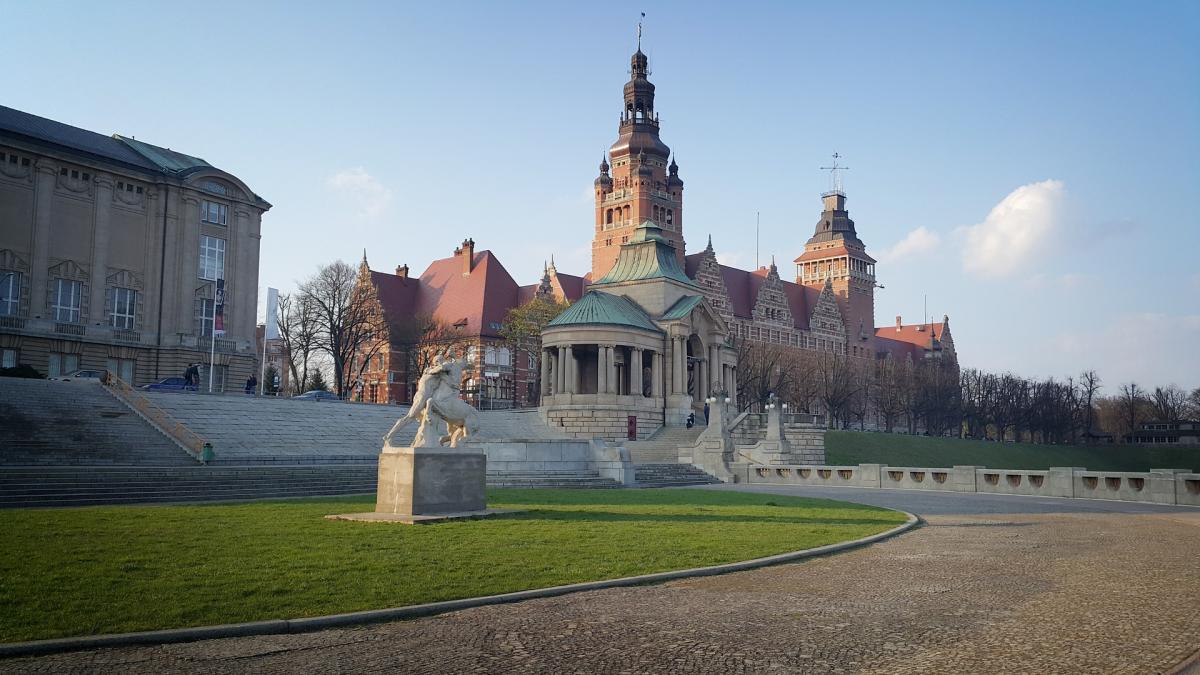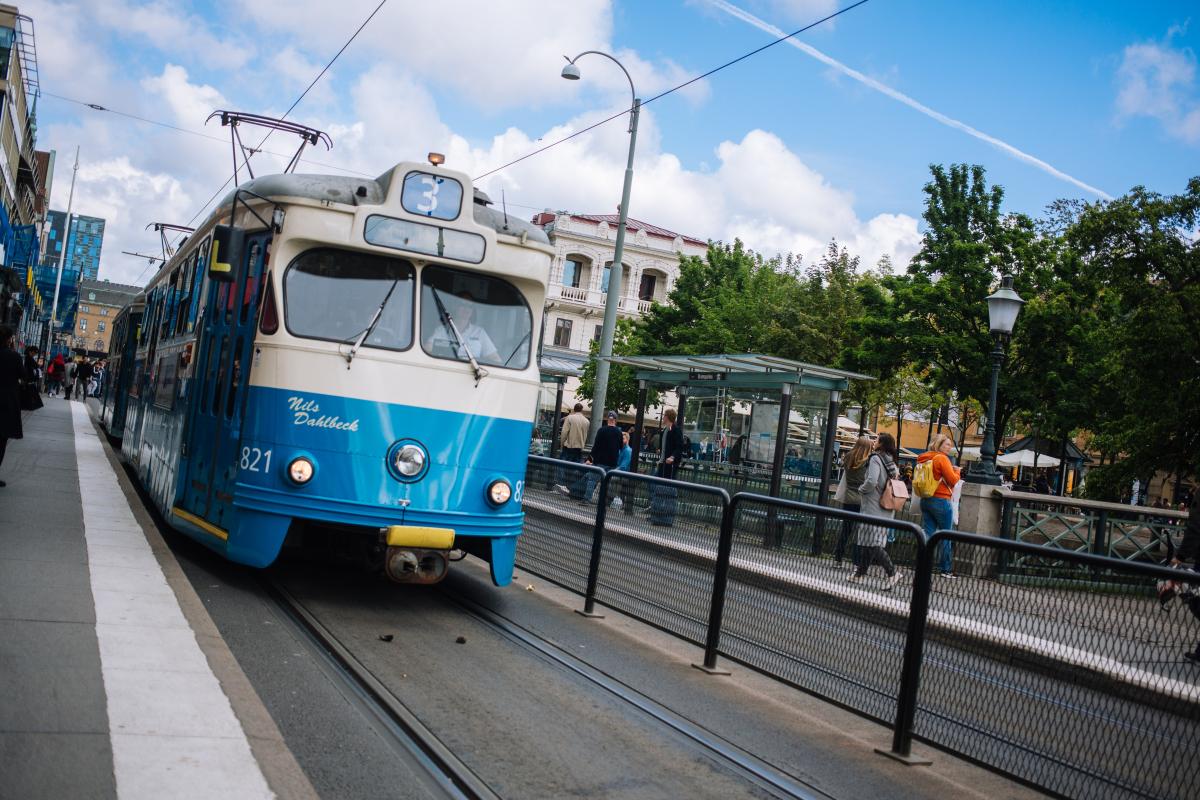
We all have our personal pros and cons regarding student and working life. When I was a student, I often longed for the freedom a steady job would give me, mostly in terms of time and money. As there was a growing pressure with each upcoming semester, I found it more and more difficult to appreciate the privileges of being a student — and now that I work, things seem to be taking a reverse turn.
Studying versus working is usually not a question of choice (the job of your dreams will be a well-deserved reward of all that seminar attending, exam taking and thesis writing) but today’s opportunities can help you make the most of what you are currently doing. In my experience, Erasmus is on top of this list. Even back in 2014, when I was preparing for my exchange, I was so afraid I wouldn’t be able to really enjoy the first moments of this new and exciting world, but what seemed scary and unknown at first, I now think of as one of the best experiences of my life.

Five years after my mobility in Szczecin and with a bachelor degree in my pocket, I started searching for jobs in translation, the master course I was doing at the time. With all those positive memories from my first exchange, it was not long before I turned to chase after opportunities abroad. I was thrilled to find this exciting internship in Sweden and so, a few months later, less scared but just as excited as the first time, I was already in Gothenburg starting my second Erasmus.
My impressions of these exchanges, just like everyone else’s, are very subjective. Similarly to what study course or job you choose, the type of your mobility will also depend on your personal goals and preferences. For example, if your priorities include better career prospects, an internship might be a better option for you. Although going on a student exchange could similarly improve your chances in the labour market, an internship could also bring about the prospect of a permanent position, which is quite a strong point if working abroad is among your plans.
The most striking difference for me was that during an internship, you are more likely to be assigned tasks that you have to perform on your own. By contrast, attending classes and (let’s be honest) doing homework, has quite a strong community feel to it. Not to mention the lively social life of student houses; personally, this is where I made the most friends and shared the most stories and dinners. This is where we used to hang out before exploring the nightlife of the city (it’s not called pre-drinks for no reason). This is, of course, not to suggest that an internship has poor options to socialise. I was lucky to work with an amazing team of people, both locals and international students, always up for some fun after work. Speaking of: ‘afterwork hours’ with discounted drinks are quite a thing in Sweden!

Similarly to social life, housing opportunities could also depend on your student status (or lack thereof). For me, finding accommodation was the first of those individual challenges that come with an internship. However (and this is probably the best thing about Erasmus), no matter what type of mobility you choose, you will never be alone: with the help of my future colleagues, I got to live in a place which was beyond all my expectations. Those dorm parties might be hard to forget, but living with a local family in a residential neighbourhood just ten minutes away from the sea gave me a completely new perspective on cultural exchange.
Living in such a place also made it easier to do my 9-5 job. Even if this meant a limited number of weekday parties, having a more balanced daily schedule helped me to better organise my free time after work, which I mostly spent discovering some of the exciting places the city had to offer. The weekends I had entirely for myself: combining them with some vacation days, I could organise quite decent trips to various parts of Scandinavia. Back in Szczecin, going on a multi-day trip required some extra planning, but with tricks as simple as preparing for classes before the weekends, I did not have to give up on travelling, which is truly an essential part of Erasmus.

My personal goals have changed a lot over recent years, and are still strongly impacted by these exchanges — one reason applied for the internship was simply to get another Erasmus experience. No matter how different it will be, either with a student card or an employee badge in your pocket, you are given a wonderful opportunity to improve yourself, meet amazing people, and create memories you will never forget.
Written by Barbara Simon
